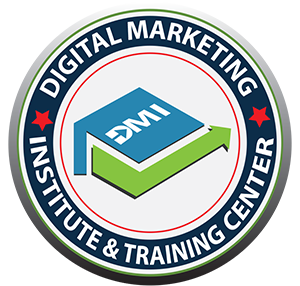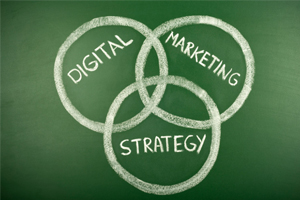Digital Marketing Institute & Training Center Provides Digital Marketing Strategy Training, Developing a digital marketing strategy requires careful consideration of your target audience, business goals, available resources, and competitive landscape. Below are some key elements to include in your digital marketing strategy content:
-
Define your target audience: Clearly identify your target audience, including their demographics, interests, behaviors, and pain points. This will help you tailor your messaging and choose the right channels to reach them.
-
Set SMART goals: Determine what you want to achieve with your digital marketing efforts and set specific, measurable, attainable, relevant, and time-bound goals. Examples of goals could be increasing website traffic, generating leads, or improving brand awareness.
-
Analyze your competitors: Conduct a thorough analysis of your competitors to identify their strengths, weaknesses, opportunities, and threats. Use this information to differentiate your brand and create a unique value proposition.
-
Choose your channels: Determine which digital marketing channels will be most effective for reaching your target audience and achieving your goals. This could include social media, email marketing, search engine optimization (SEO), pay-per-click (PPC) advertising, or content marketing.
-
Develop your messaging: Craft messaging that resonates with your target audience and aligns with your brand voice and values. This messaging should be consistent across all channels and touchpoints.
-
Create a content plan: Develop a content plan that aligns with your messaging and supports your digital marketing goals. This plan should include the types of content you will create, the channels you will use to distribute it, and the cadence at which you will publish it.
-
Allocate your budget: Determine how much you can realistically invest in your digital marketing efforts and allocate your budget across the channels and tactics that will deliver the best results.
-
Set up tracking and reporting: Implement tracking and reporting tools to measure the effectiveness of your digital marketing efforts and adjust your strategy as needed. This could include Google Analytics, social media analytics, or marketing automation tools.
-
Test and optimize: Continuously test and optimize your digital marketing tactics to improve their effectiveness. This could involve A/B testing your messaging, tweaking your targeting, or experimenting with new channels or tactics.
By following these steps and regularly revisiting and updating your digital marketing strategy, you can build a strong online presence and achieve your business goals.

